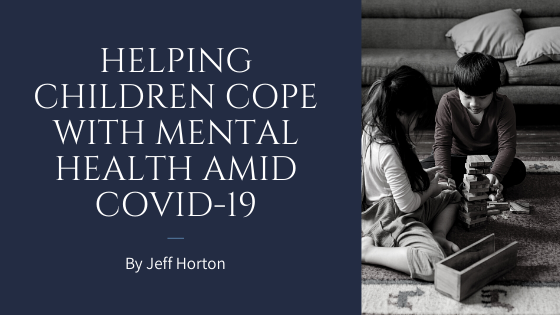Although everyone has been affected profoundly by the COVID-19 pandemic that shows no sign of stopping anytime soon, children are arguably the most affected in terms of the toll on their mental health.
In this article, we’ll explore how children, in particular, are impacted by the global shutdown and what we can do to help them.
Disconnection From Peers
Learning social skills is one of the primary benefits of school. Indeed, aside from gaining knowledge, the proper socialization of children is one of the most important aspects of attending school. Now, as over a billion children stay home, they miss out on that crucial social bonding experience that will serve as the foundation for their social relationships throughout life.
Undesirable Environment at home
The devastating reality is that, for many children, school and other activities offer much-needed breaks from undesirable homelife situations that often involve physical and mental trauma.
Now, due to the ongoing lockdown orders in the US and throughout the world, those children are forced to stay in homes that threaten their mental well-being through repeated exposure to an undesirable environment that will likely impact them throughout their lives.
Unfortunately, domestic abuse worsens in times of economic distress due to mounting frustrations. This will sadly only exacerbate the already horrifying problem of abuse of children in the home at the hands of caretakers.
What Can Be Done to Mitigate the Mental Health Impacts of COVID-19 on Children?
Although preventing all the detrimental mental health impacts of the coronavirus outbreak is impossible, there are concrete steps that can mitigate the worst effects.
One way to stem the flow of damage is to invest, using public funds and private donations, into community resources that focus on supplying children with the adequate counseling and social support they need to thrive.
We can also invest more heavily as a nation in e-learning or distance-learning. Many schools have already implemented distance learning to allow the continued virtual attendance to school by their students. However, such measures have not been taken in the most deprived areas of the country and the wider world.
As a collective unit, it is our responsibility to do as much as we can to protect children’s mental health as we attempt to navigate through this unprecedented time.

